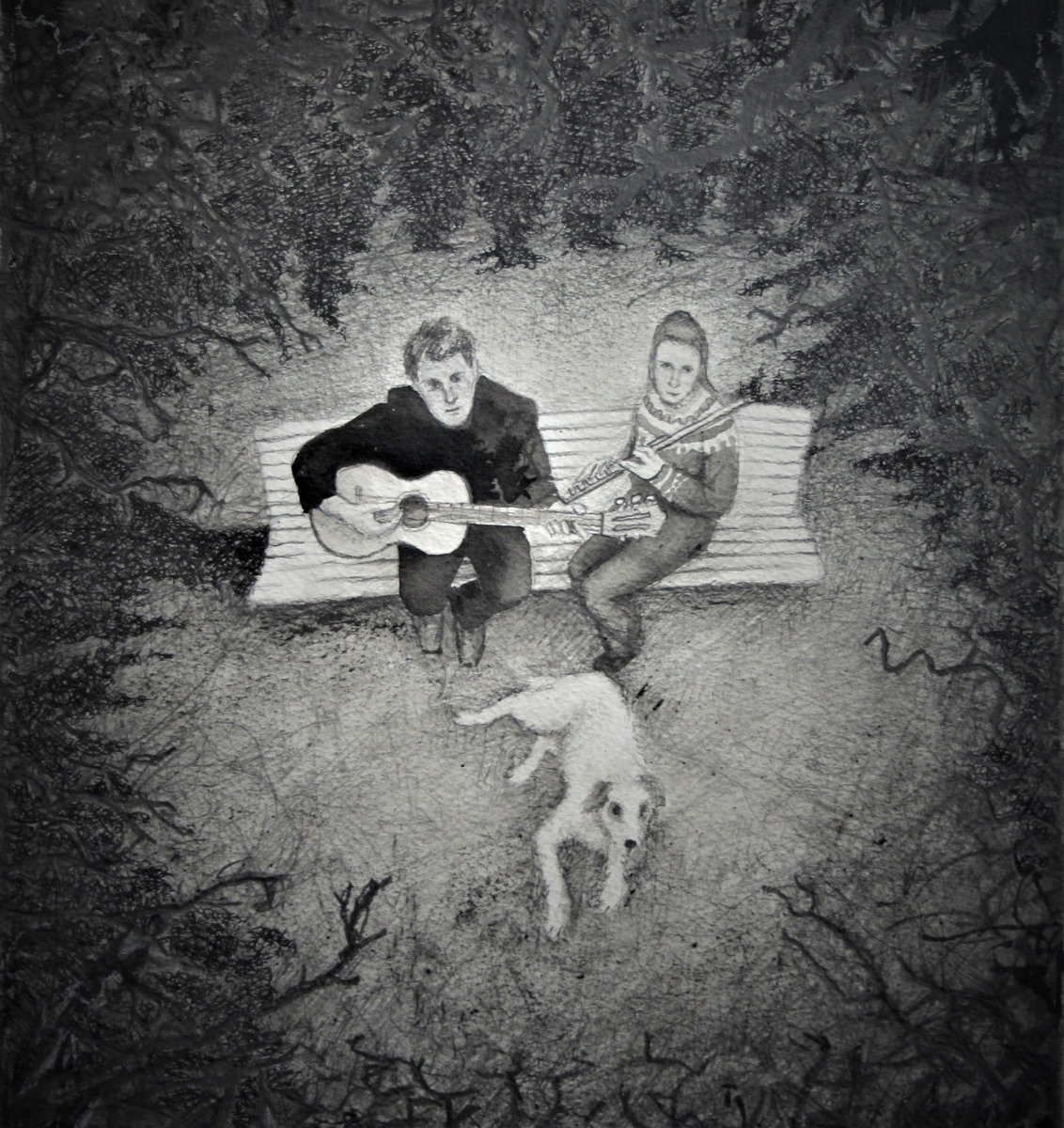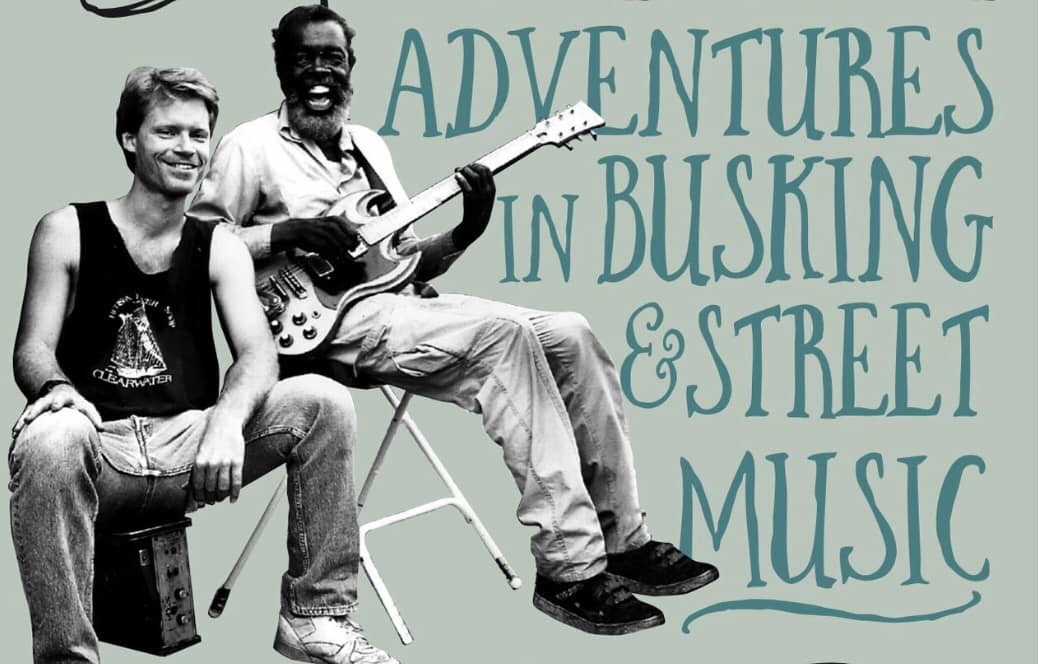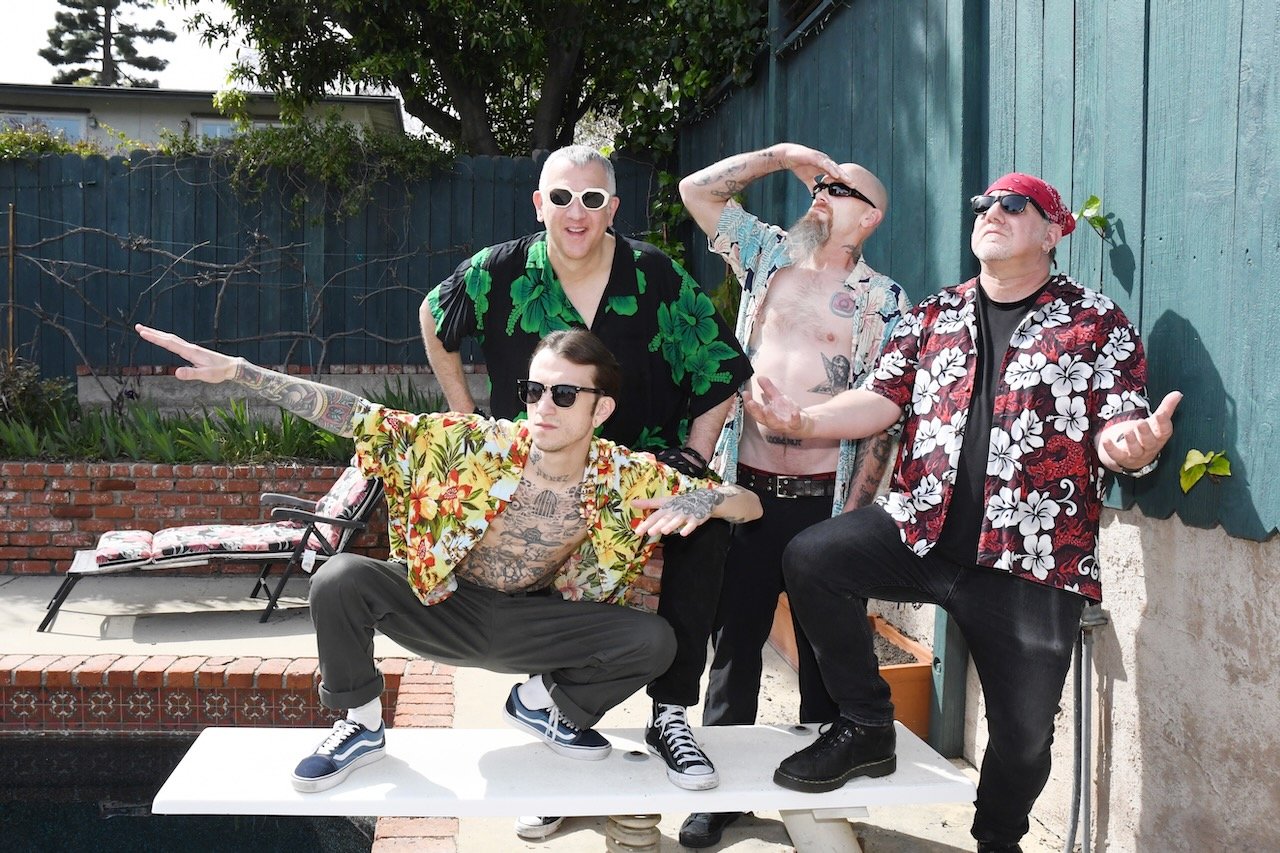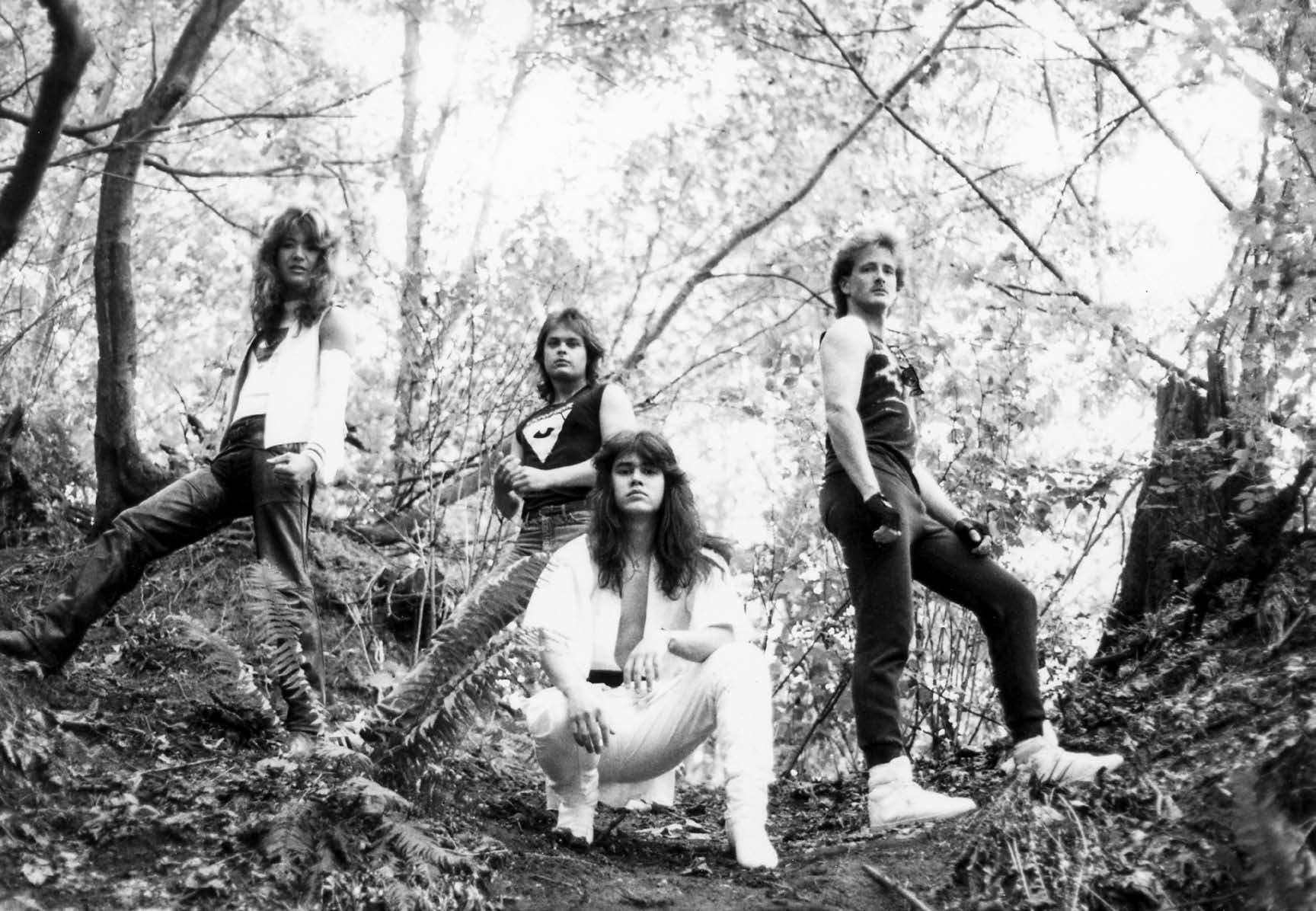The Woolverstones | Interview | New Album, ‘Grey Eyed Dandy’
The Woolverstones recently released their debut album ‘Grey Eyed Dandy,’ a journey through England’s crooked, magnificent, enigmatic, troubling and beautiful streets, roads, country lanes and pastoral mysteries.
It was produced by legendary John Wood (‘Pink Moon’ by Nick Drake, ‘I Want to See the Bright Lights Tonight’ by Richard and Linda Thompson, ‘Solid Air’ by John Martyn). The album features fantastic musicians such as Tali Trow, Davide Rinaldi and one of Scotland’s most sought-after jazz pianists Dave Milligan. ‘Grey Eyed Dandy’ was mastered by Simon Heyworth whose client history includes the likes of George Harrison, Pixies, Brian Eno, King Crimson and Nick Cave & The Bad Seeds to name but a few.
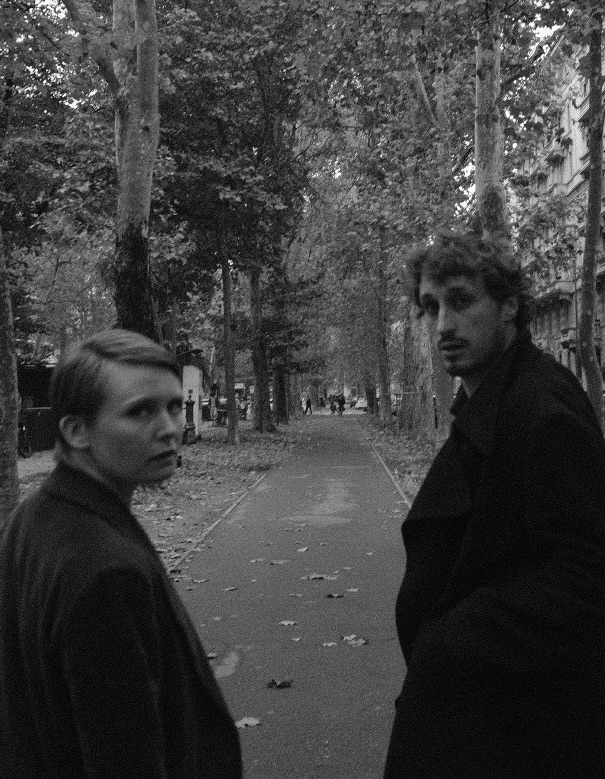
“A journey through England”
It’s great to have you. I’ve been really enjoying your debut album, ‘Grey Eyed Dandy’ for quite awhile now so it’s nice that we will be able to discuss the background story. Let’s first start at the beginning, how did you first get involved with music?
Chris S.: The Woolverstones formed at the end of 2019 and after several months together, signed to an independent label in The Netherlands until we left the label in 2022. The original Woolverstones consisted of four core members and a few other musicians who would intermittently show up for bouts of jamming. For our first single ‘A Song for Harlequins,’ owing to an assortment of personal problems, only three members were able to make the sessions for the production of the single. These members were myself (Chris S.), Lou H. and Jack Patching. The night before the sessions, we actually wrote an entire new song which differed enormously to the original demo we were intending to record. I called our producer Raphael Tschernuth, emailed him over the new demo and he managed to rearrange the studio to accommodate our impulsive diversion.
Were you in any bands or had a solo project before this? Tell us about it, if so.
Chris S.: I found my way to making music rather late. I won around three hundred euros at the bingo in Milan in 2016 and passed a guitar shop a few days later in Rome and bought my first guitar in around two decades (I had one when I was at school). My first song, written in Rome a day after the purchase, was called ‘Dream Baby’. The tune ended up in the soundtrack of a German Horror film. After a multitude of demos I started making music under the name Air Thief and put out a single and later an EP, called ‘Sleeping on the Night Train’ which was heard by…frankly nobody. Disconcerting but nonetheless it led to some interesting developments and collaborations. It was essentially the EP that got The Woolverstones signed and it also forged a strong musical bond between Lou and I as she played flute and sang on the last Air Thief release ‘Goodbye Ice Cream Shop’.
Tell us about your work with producers such as I.G Nexus and Raphael Tschernuth.
Chris S.: I.G Nexus… I love him. Great friend since childhood and I was even the best man at his wedding. Prolific producer with vast range and taste. He is relentlessly creating and has innate melodic intelligence like few people I have ever met. He produced, mixed and mastered Air Thief’s first single and added delectable beats and synths to boot. I.G Nexus also introduced me to obscure, elusive music that has helped shape and influence my sensibility. Raphael Tschernuth produced most of Air Thief’s tracks on the EP and also The Woolverstones debut single. Unassuming and kind he also relishes experimentation and whim which makes him an utter delight to work with. On ‘A Song for Harlequins’ we wanted an almost cataclysmic climax and he facilitated our desire with unbounded enthusiasm adding many exciting ingredients into the soup pot – particularly adding an unnerving effect on our Double Bass which Jack was playing with a bow.
You have a Masters degree in Theatre, would you like to tell us about your involvement with avant-garde cinema?
Chris S.: I direct low budget films which I found myself. They lean towards heavy improvisation, experimentation and usually follow non-linear narratives. In a sense you could say they have the characteristics of free jazz and beat poetry. My desire is to create films that challenge an audience and allow them to engage in an energising dialectic without nullifying the sensuality of the cinematic experience. I’m searching for a liberating aesthetic in cinema which is free from the paralysing parameters of corporate cinema. God only knows if I shall stumble upon it, but I tenderly persevere in earnest.
And you also like to paint?
Chris S.: I paint and sketch. Characters. Almost always with moustaches. For some reason I can not deviate from that obsession. This moustache thing has been called into question on numerous occasions by my mother. She once asked me to paint her a seabird and even that poor winged creature ended up with facial hair… I paint “alla prima” which is essentially gambling with the canvas. One must paint fast without hesitation knowing that every stroke is basically eternally committed. Slight exaggeration of course, but it requires a certain unflappable impulsiveness which I thrive on and get a kick out of.
You must be influenced by a variety of artists, would you like to name some of the most important in your life?
Chris S.: I admire the drive and gamble of John Cassavettes, the boldness of Anna Magnani, Federico Fellini’s playfulness, the audacity of Ernst Ludwig Kirchner, Nick Drake’s honesty, Percy Bysshe Shelley’s subversions, Skip James’s clarity and the quintessential Englishness and magic of Syd Barrett.
Where did you first meet Lou H. and what led to the formation of the project?
Chris S.: We kept playing and writing together after ‘Goodbye Ice Cream Shop’ and decided it was time to form a band. Lou came up with the name of the band after an evening of rumination. Now it is just the two of us after Jack left the band at the end of 2021 to focus on his own solo projects. ‘Grey Eyed Dandy’ really started to take shape after John Wood agreed to produce the album. John produced Nick Drake’s ‘Pink Moon’ which for us is one of the most authentic records ever made. The engineering, production and performance on that record blows my mind. The first time I heard it, I had to listen to it again immediately because I could not believe anything could be so personal and honest. Having John on board gave the album a momentum and the energy that we really needed.
Lou, was there a certain moment in your life when you fell in love with the flute?
Lou H.: Listening to Ian Anderson play the flute really expanded my horizons of what the flute is capable of. When I listen to him play I feel inspired to keep pushing my comfort zone.
I started playing flute when I was around age 12. My first experience was when my parents took me to a music shop and the owner was showing me different instruments – for some reason when he played the flute, it just connected with me. The delicate voice and potential for playfulness caught my attention. Moreover, the range of possibilities stylistically opens the door to any musical direction.
How did your collaboration with Ingrid Arthur come about?
Lou H.: I sang in a gospel choir for several years in Berlin and Ingird was the choirmaster. Singing gospel music was a new experience for me and Ingrid led with a passion and commitment which brought a lot of joy and inspired me to express myself vocally in new, spiritual and collective ways. Ingrid Arthur has a larger than life presence that naturally demands an audience’s attention. Her strength is infectious and her humour added serotonin to our projects.
I would love it if you can talk about Air Thief.
Lou H.: Working with Air Thief was the first time I started to realise that I could really bring something to the table to music professionally. He loves it when his bandmates take risks and improvise (something I had never done before) and show me a new side to making music, where my whims, ideas and impulses are encouraged. I always admired his unbounded passion and fearlessness. Our vocals seem to naturally compliment one another and this is something we utilise in The Woolverstones.
What does the name “The Woolverstones” refer to in the context of the band name?
Chris S.: Former band member Jack lives in Woolverstone which happens to be a small village in Suffolk with a population of several hundred people, a few dogs and one pheasant. There is a beautiful ride from Ipswich town to Woolverstone which passes by the River Orwell (which George Orwell named himself after because apparently it was his favourite spot on earth). Jack’s warm little cottage is a bright light down a dark, misty lane.
Okay, how did you start working on the material of your debut album?
Chris S.: We had been working on demos for this album from around late 2019 till late 2021. Chris would lay down a foundation on piano or guitar and then add lyrics. We would then start to add other instrumentation, vocal harmonies if required and then if we felt we had something, re-work the lyrics. The lyrical refinement would often take place in cafés or out of the studio because getting out there into the world, around people, always seemed to hold us accountable to a certain grounded quality which we wanted to permeate into the fabric of the record. We would then send the demos to John who would let us know if the track had legs, offer his advice and also suggest instrumentation he felt would elevate the songs.
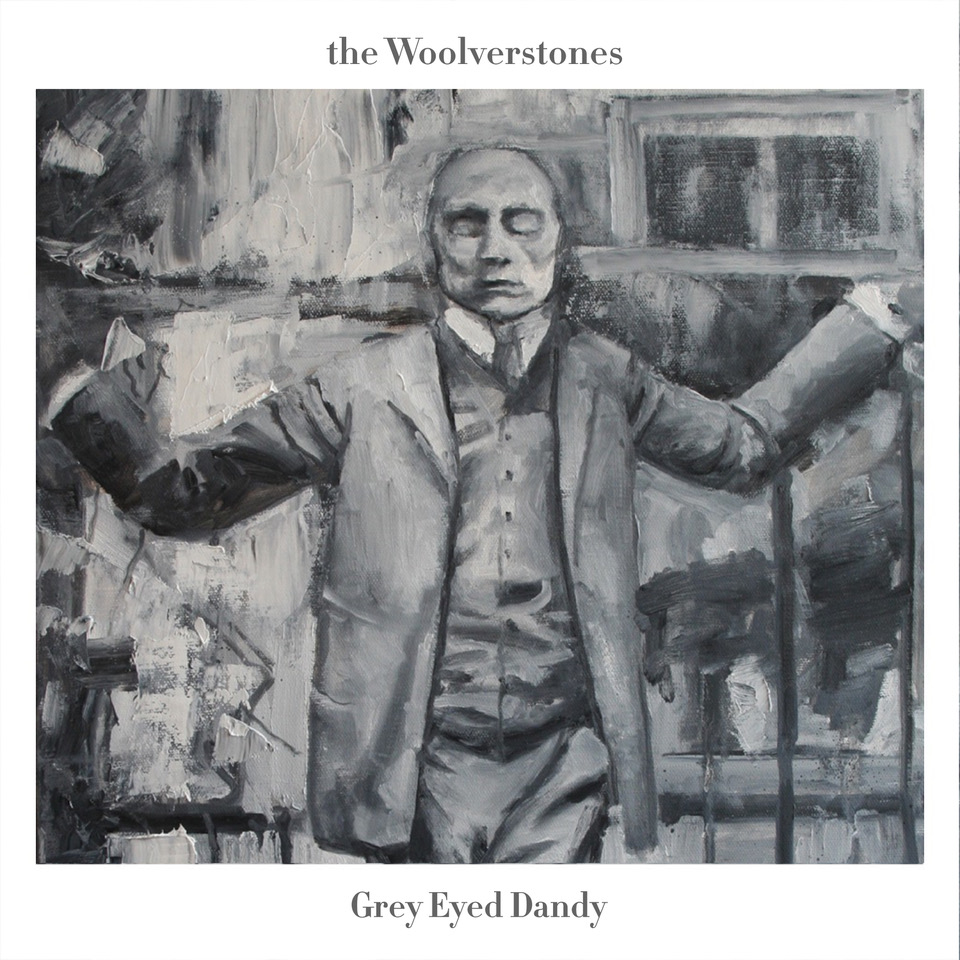
The album features Tali Trow (bass) and Davide Rinaldi (drums), how was working with them?
Chris S.: Tali Trow is a very gifted multi-instrumentalist and co-produced the record with John. Tali’s contribution was immense and we are indebted to his musicianship, tightness and creative input. He really can play any instrument and his Mandola performance on two tracks was something I am glad I was able to witness in person. Moreover, he sings beautifully and floats effortlessly between musical styles. Davide Rinaldi is an exceptional drummer who intuitively elevates every track he plays on with heart and clear timing. His technical prowess marinates deliciously with a joyous soul. Both were a delight to work with.
Would you say there’s a concept behind your album?
Chris S.: A journey through England. An exploration of its contradictions, exquisiteness, wonder, delight, tenebrosity, fears and horror. A musical ode and journey down its motorways, city streets and country lanes. From the dainty tearooms of Lavenham to smoke filled studio dwellings in Earl’s Court. From beans on toast to the spectacles owned by Peter Sellers. All this whilst unashamedly overusing animal metaphors.
Is the cover artwork made by you? What does it represent?
Chris S.: The artwork is an oil painting by British artist Alexander Adams. The work is one of Alex’s pieces from many years ago that we found very arresting and which probes the imagination. We already had the title ‘Grey Eyed Dandy’ and this piece was an impossibly perfect fit. It exudes a certain mystery and disconcerting poeticism that we could not resist. Alex was very gracious and was happy to collaborate with us.
Are you planning to release the album on vinyl?
Chris S.: Yes absolutely.
What’s next for you now?
Chris S.: We are planning some gigs in Europe and the UK this summer and are busy working on new demos. We are excited to get back in the studio and get the old team back together for another spin around the block.
Let’s end this interview with some of your favourite albums. Have you found something new lately you would like to recommend to our readers?
Chris S.: We read a wonderful article in It’s Psychedelic Baby! Magazine that turned us onto a band called July and their self-titled album ‘July’ is something we are enjoying right now. Also, Harumi’s ‘Harumi’ is a treasure chest of wondrous pleasures with the song ‘Fire By the River’ sending one into a state of ecstasy. Other favourites include: ‘Five Leaves Left’ (Nick Drake) ‘The Piper at the Gates of Dawn’ (Pink Floyd) ‘Electric Music for the Mind and Body’ (Country Joe and the Fish), ‘The Hangman’s Beautiful Daughter’ (The Incredible String Band), ‘Aqualung’ (Jethro Tull), ‘Strange Days’ (The Doors), ‘Back at the Chicken Shack’ (Jimmy Smith), ‘Blue’ (Joni Mitchell), ‘Kip of the Serenes’ (Dr. Strangely Strange)
Thank you. Last word is yours.
Chris S.: Really appreciate this interview and It’s Psychedelic Baby! Magazine. Thank you Klemen for the interview, supporting our band and for your magazine which we adore.
Klemen Breznikar
The Woolverstones Bandcamp / YouTube

